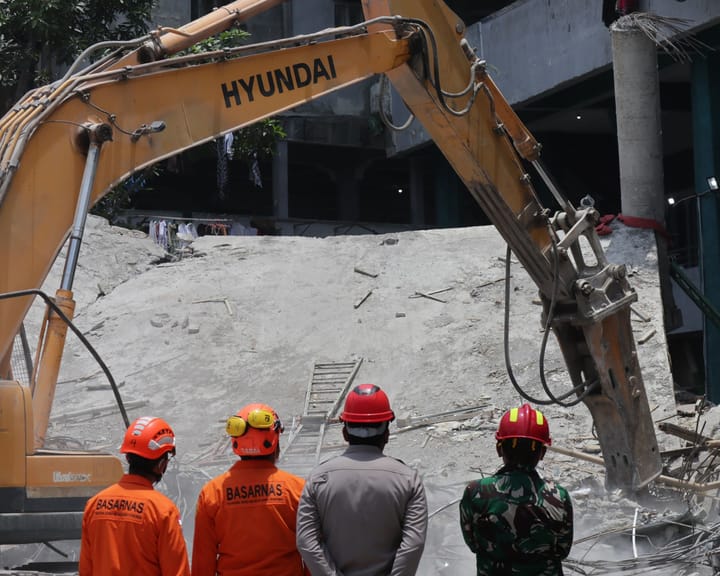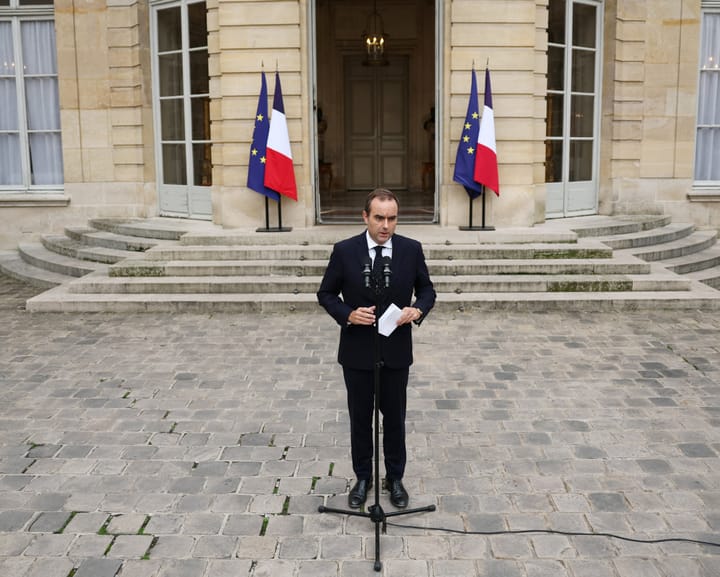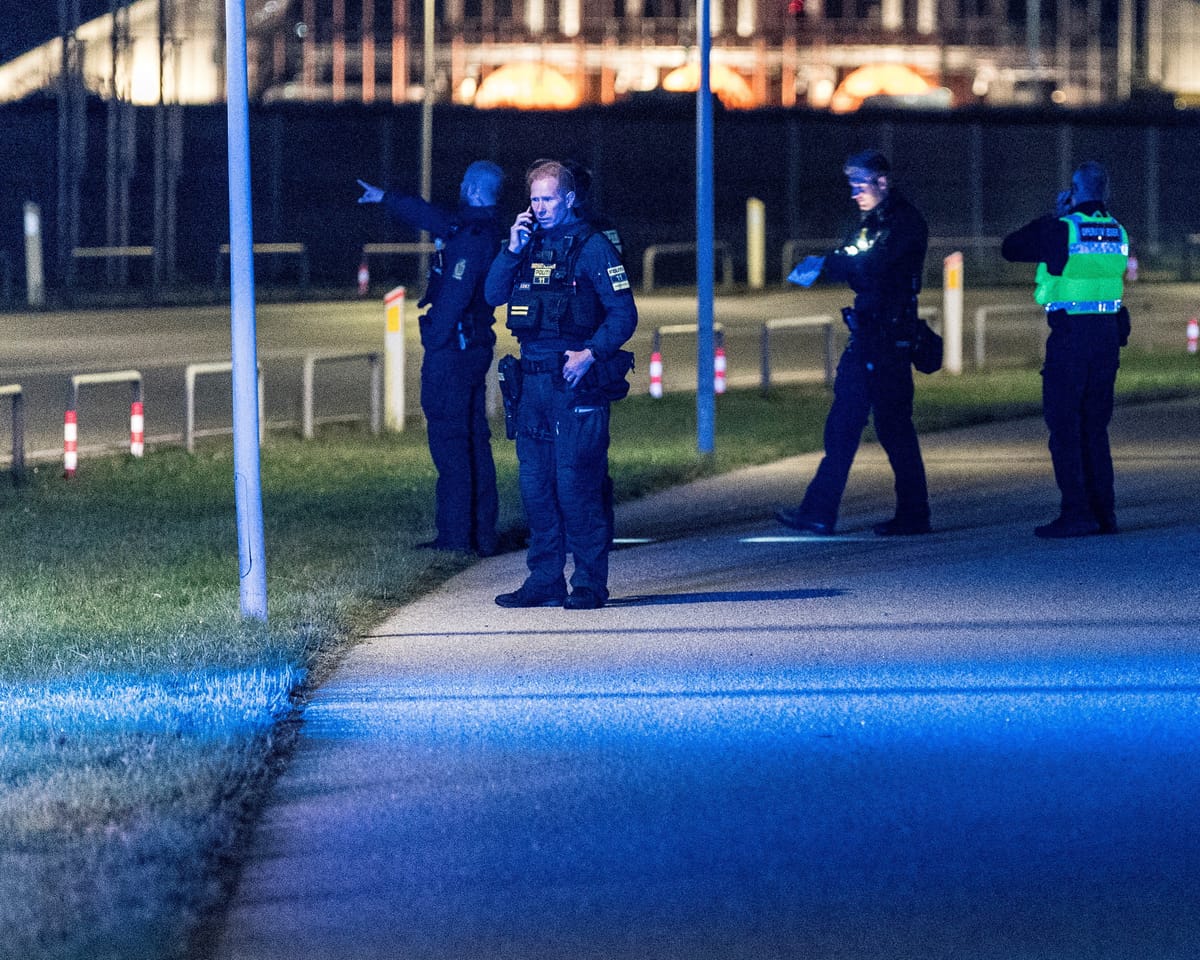When Munich airport shut down on 2 October following reports of a possible drone intrusion, numerous flights were halted, leaving many travelers stranded just before a national holiday and Oktoberfest.
A week earlier, Copenhagen and Aalborg airports were also closed after unidentified aerial devices were spotted in Danish airspace. Since a group of Russian drones reportedly breached Polish airspace last month—three of which were intercepted—similar occurrences have been noted in Germany, the Baltic states, and Nordic nations, often near critical infrastructure and military sites.
For many in Europe, Russia’s suspected covert tactics have become uncomfortably tangible, extending to urban areas far from the conflict in Ukraine—regions previously untouched by the war’s repercussions.
Growing unease has spread, particularly near Nato’s boundaries, as noted by reports earlier this week. Mysterious red lights off Norway’s western coast have fueled public alarm, echoing past fears caused by Soviet “ghost planes” in the 1930s and later UFO sightings.
Though Moscow denies involvement, suspicions persist that the Kremlin is waging an undercover campaign of disruption across Europe. Fiona Hill, a former US adviser on Russia, warned months ago that the country was “already at war with Europe.” Recent drone activity suggests an escalation, with bolder methods surfacing. There are claims, for instance, that illicit oil vessels might serve as drone launch sites—some linked to the Danish airport closures.
Navigating the grey zone
How can officials reassure the public when responses remain uncertain? Following the Munich incident, Bavaria’s leader called for drones to be shot down immediately. Poland’s government has taken a similarly firm stance.
But intercepting aerial intruders isn’t always legal—or wise. Nato members face a delicate balancing act when addressing ambiguous violations that stop short of direct military confrontation, often termed the “grey zone.”
The origin of these actions is frequently unclear: a rogue state or isolated actors? Escalation with a nuclear-armed power must be avoided, yet passivity is equally unsustainable. Surveys indicate most Europeans expect united leadership against security risks.
Instead, recent events have deepened divisions. As some analysts warn, perceived vulnerability could encourage further provocations.
One proposal under discussion involves a coordinated aerial defense system, aiming to bolster detection and deterrence efforts.
Read next

"Indonesia school collapse: rescue efforts conclude with 67 fatalities"
Search Ends After Indonesian School Collapse Leaves Dozens Dead
Indonesian rescuers concluded their search on Tuesday for victims trapped beneath the rubble of a collapsed Islamic boarding school in East Java, after recovering more than 60 bodies, authorities confirmed.
The tragedy in the town of Sidoarjo struck last week when

"French PM makes last-ditch effort to save government as crisis deepens – Europe updates"
France's Political Standoff Continues as Prime Minister Seeks Cross-Party Support
France remains at a political stalemate as the outgoing prime minister, Sébastien Lecornu, makes a final attempt to gather support from rival parties for a new government.
President Emmanuel Macron assigned Lecornu, 39, to form a government in

"Macron calls emergency talks with parties to swiftly pick new PM"
Emmanuel Macron has called upon the leaders of several political factions to his office, urging them to demonstrate "collective responsibility" as he seeks to appoint a new prime minister amid growing political turmoil.
All parties except Marine Le Pen’s far-right National Rally, the largest opposition group, and

